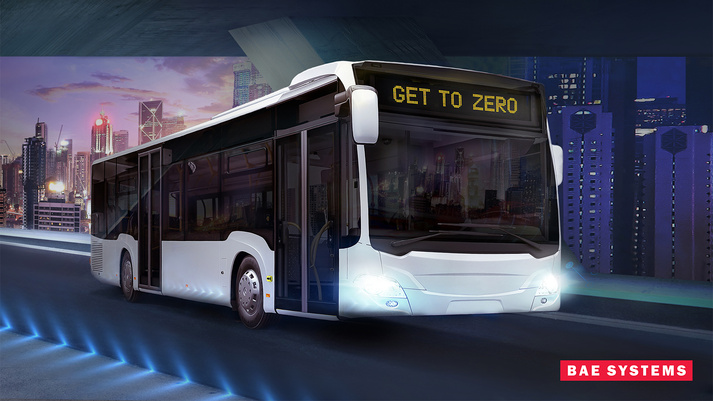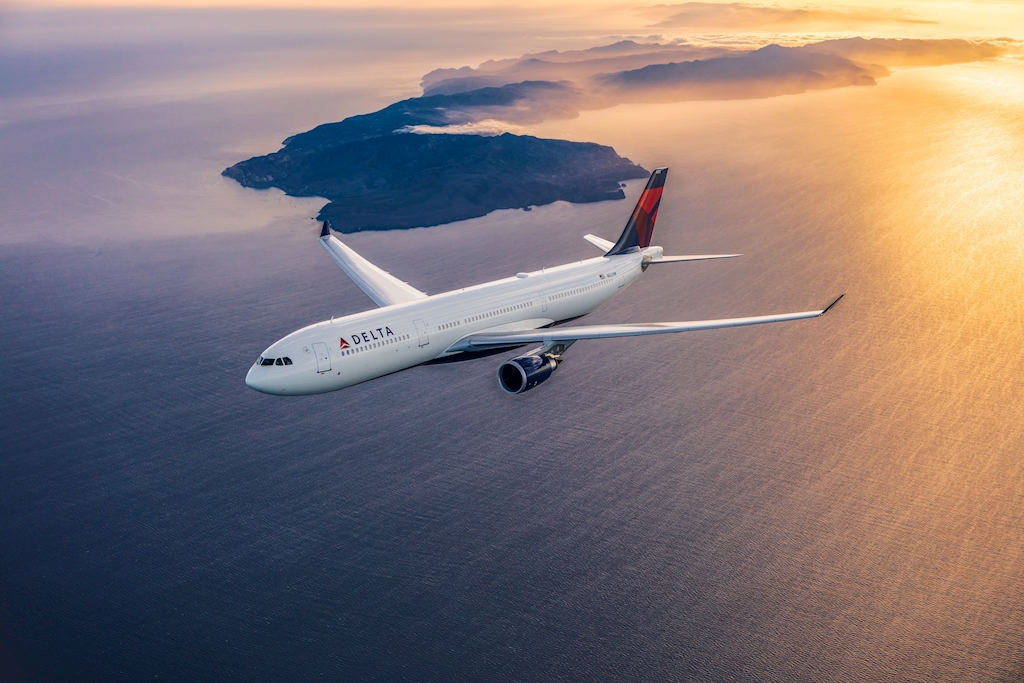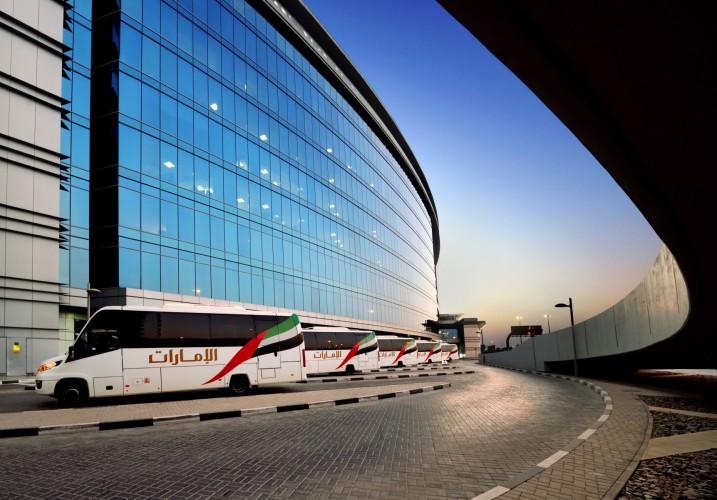BAE Systems to Deliver First Zero Emission Public Buses in Vancouver, Canada
Fifteen public buses in Vancouver, Canada, will be fitted with BAE Systems’ (London: BA.L) all-electric propulsion system, allowing them to run free of emissions. The fleet is the first in North America to benefit from the…


